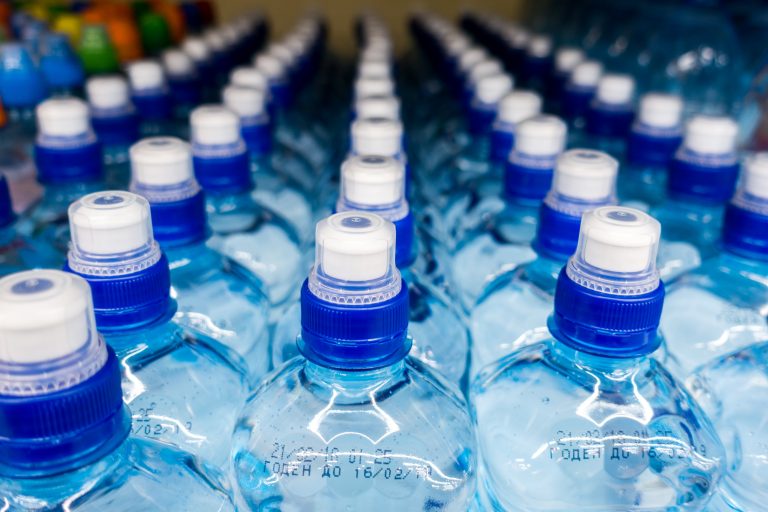
Our latest office recycling news bulletin: New way of recycling plant-based plastics instead of letting them rot for years in landfill!
Approximately 45 per cent of plastic waste is recycled in the UK every year and is on the rise, as we would all hope. The problem with plastic recycling methods at the current time, is it results in a lower quality plastic which can have worse properties than the original plastic! For this reason, plastic drink bottles are not generally recycled into new drink bottles, but are recycled into other products like coat hangers, plant pots, water pipes, road cones and more, where lower quality plastic is acceptable.
Scientists from the Universities of Bath and Birmingham have now created a breakthrough new way of chemical recycling, which involves turning plastics back into their constituent chemical molecules – which means they can be used to make new plastics of the same quality as the original.
The team’s method uses lower temperatures and more environmentally-friendly catalysts than previous recycling methods.
Professor Matthew Jones, from the Centre for Sustainable & Circular Technologies at the University of Bath, said: “Most plastic is currently recycled using mechanical methods, where they are chipped into granules and melted down before being moulded into something new.
“The problem is, melting plastic changes its properties, and reduces the quality, which limits the range of products in which it can be used.
“Our method of chemical recycling overcomes this problem by breaking down plastic polymers into their chemical building blocks, so they can be used all over again to make virgin plastic without losing any properties.”
The scientists recycled plant-based PLA, which is made from starch or crop waste instead of petrochemicals, and is used in “biodegradable” food packaging and disposable cutlery and cups. PLA is not used widely yet, so it isn’t recycled, but with growing consciousness of plastic pollution, the insistence from consumers for recyclable or more sustainable packaging is increasing.
The researchers have also started trialling a similar process for recycling PET, which is used for drinks bottles.
“PLA is being increasingly used as a sustainable alternative for single-use plastics. Whilst it’s biodegradable under industrial conditions, it doesn’t biodegrade with home composting, and isn’t currently recycled, so at the moment it commonly ends up contributing to the tonnes of plastic waste in landfill and oceans.
“There is no single solution to the problem of plastic waste – the approach has to be a combination of reducing, reusing and recycling. Our method of chemical recycling could allow carbon to be recycled indefinitely – creating a circular economy rather than digging more up from the ground in the form of fossil fuels, or releasing it into the atmosphere as a greenhouse gas.” Says Dr Paul McKeown from the University of Bath.
So far, the technology has only been tested on a small scale, but now collaborators at the University of Birmingham are working to scale up the system to produce larger quantities of starting chemicals.
Here at Unisan, we are all for new methods and improvements to recycling, particularly plastic. We’re passionate about making recycling at work easier and more engaging. We believe this enables people to do the right thing and allow companies to demonstrate their commitment to sustainability and the environment. Contact us on 0330 700 6000 or email us at [email protected] if you have an enquiry about recycling bins for your workplace.
